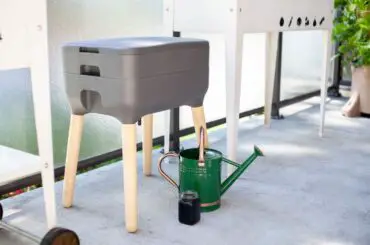Does a compost bin need air holes? So, from this article I will be explaining everything about having air holes in the compost bins.
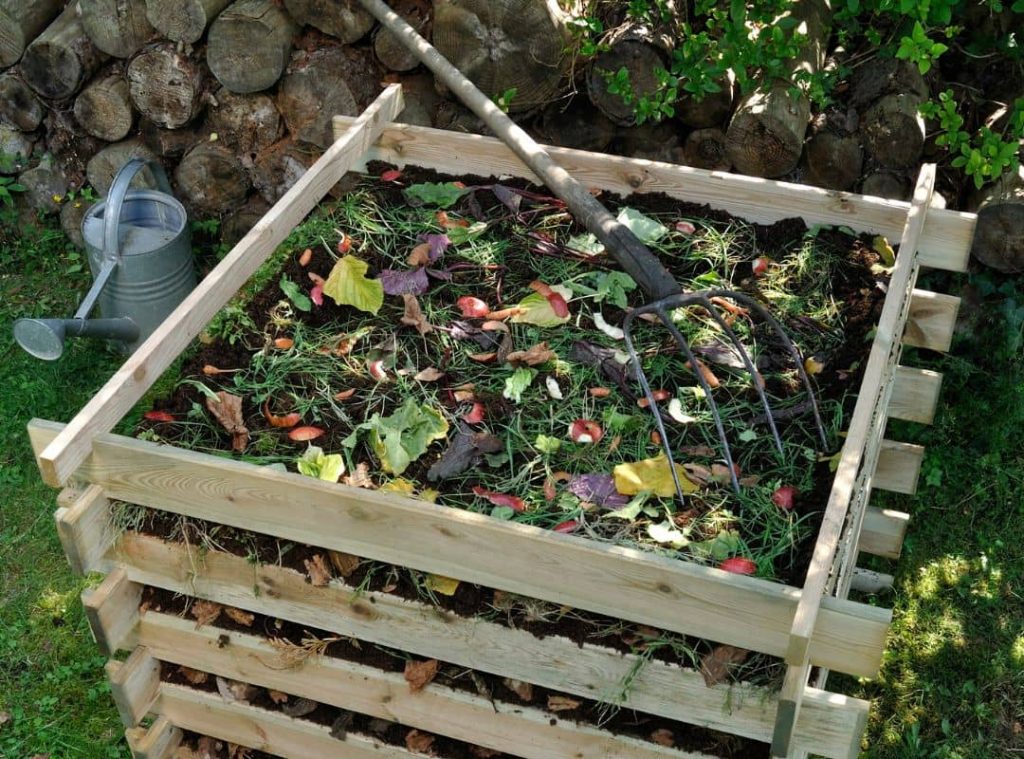
Does a compost bin need air holes?
Contents
- 1 Does a compost bin need air holes?
- 2 Holes in compost bins
- 3 Should compost bins be airtight?
- 4 Do compost bins need air holes?
- 5 Why do compost bins have holes in them?
- 6 Does a compost bin need holes in the bottom ?
- 7 How much ventilation does a compost bin require?
- 8 How many holes should a compost bin have?
- 9 What size holes should a compost bin have?
- 10 Compost bin without holes
- 11 Does a kitchen compost bin should have air holes?
- 12 Conclusion
When it comes to maintaining compost bins, having a good air flow is a quite crucial factor. So, If you fail to fulfill it, your compost pile would turn out to be messy. Thus, it is vital that your compost bin has sufficient air holes so that it would increase the airflow in the compost pile. Literally, microorganisms such as bacteria need to have proper air calculation so that they can break down green materials such as leaves, grass clippings and other yard waste.
These microorganisms would obtain air from the air pockets. They are microscopic. The air would get stuck inside the piles of twigs, leaves, banana peels and in coffee grounds as well. So, when the compost pile gets too soggy, these air pockets will not be available.
Ultimately it would impact on the air circulation also in the compost bin and the oxygen loving microorganisms would also tend to do their activities much slower. Eventually when they run out of sufficient oxygen levels, they would completely stop doing these activities in the compost bin. Ultimately, they would end up releasing a dad smell to the compost pile.
You may come across different shapes and different sizes of compost bins. Some of them may have air holes and some of them may have no air holes at all. So, if you wish to make a DIY compost bin, you may be wondering whether you need to make holes in the bin or not. So, if you were wondering as to why those air holes are, they are designed to have a proper air circulation and to provide some efficient drainage into the compost bins as well.
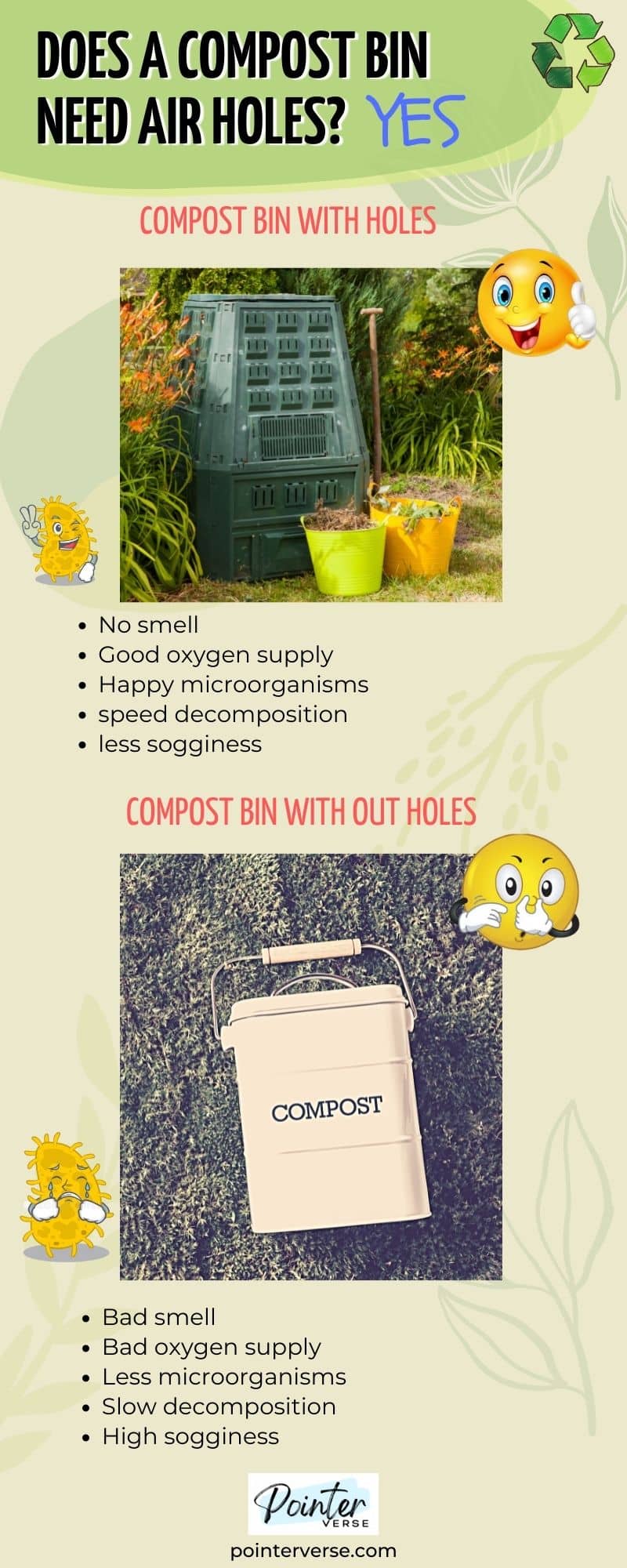
Holes in compost bins
As briefly explained in the beginning of the article, the air holes in the compost bins are to improve ventilation. They would provide oxygen for the microorganisms in the compost bin as only then they can actively engage in breaking down the materials in the compost bin. Oxygen is a crucial factor when it comes to the aerobic compost microbe’s role in the compost bins.
Unless the organic materials would only start decaying. That said, the decaying of the organic material would take place in two ways. They are such as Aerobic and anaerobic. If I briefly explain this, Aerobic means rotting in the presence of Oxygen, On the other hand, Anaerobic means organic matter rotting in the absence of oxygen.
So, it is always best to create a controlled environment so that the composting could take place effectively. Many people consider that it is always better to provide aerobic conditions rather than felicitating anaerobic conditions.
Should compost bins be airtight?
Ideally the compost bins should not be airtight. If you do make your compost bin airtight, it would create anaerobic conditions in the compost bin. So, as aforesaid, you should refrain from providing anaerobic conditions in the compost bin as it would not help for an efficient composting in the bin. If oxygen is not available in the compost bin, it would result in foul smells in the bins . Further it may give you slow results as well.
The bacteria known as aerobes are healthy for the composting in the compost bin and oxygen is a fundamental requirement for their survival. Once the oxygen is not available in the compost bin, anaerobes would dominate in the compost bins and they would be unhealthy on the overall results of the composting process.
These microorganisms are not in favor of oxygen and the conditions in an airtight container would perfectly fit in for them. Ultimately it would result in an organic compost materials putrefaction.
If you use airtight composting bins, the composting process would be about 90 % slower. These microorganisms would release organic acids and ammonium elements which would make your compost bin smell so bad.
In addition to those, acids would be harmful for the plants as well. For example, if there are anaerobic conditions available, a byproduct called Hydrogen sulfide is produced here and it would give a foul smell of rotten eggs. Further they would produce a significant amount of methane which would be a harmful greenhouse gas too.
These anaerobic microorganisms would produce a smaller number of nutrients when compared to other aerobic microorganisms. Consequently, it would provide fewer micronutrients when you apply them on your vegetation. So, considering the above facts, I suggest you avoid using airtight compost bins for composting.
Do compost bins need air holes?
Compost bins certainly need air holes and openings so that it would contribute for an effective ventilation and for better drainage as well. if the moisture level within the compost bin is too high, it would make the composting activity less efficient.
Literally if there are an adequate number of drain holes in the compost bins, it would ensure that all excess moisture is draining out from the compost bins. In addition to that it would better the air flow in the compost bins too. Ultimately it would contribute to better composting environmental conditions in the bins.
There are four elements for composting to be successful. They are such as Nitrogen rich green organic materials, brown carbon rich materials , water and lastly oxygen. However, you need to ensure that you are mixing the green and the brown materials at the right ratios and that is the trickiest part of making a compost bin.
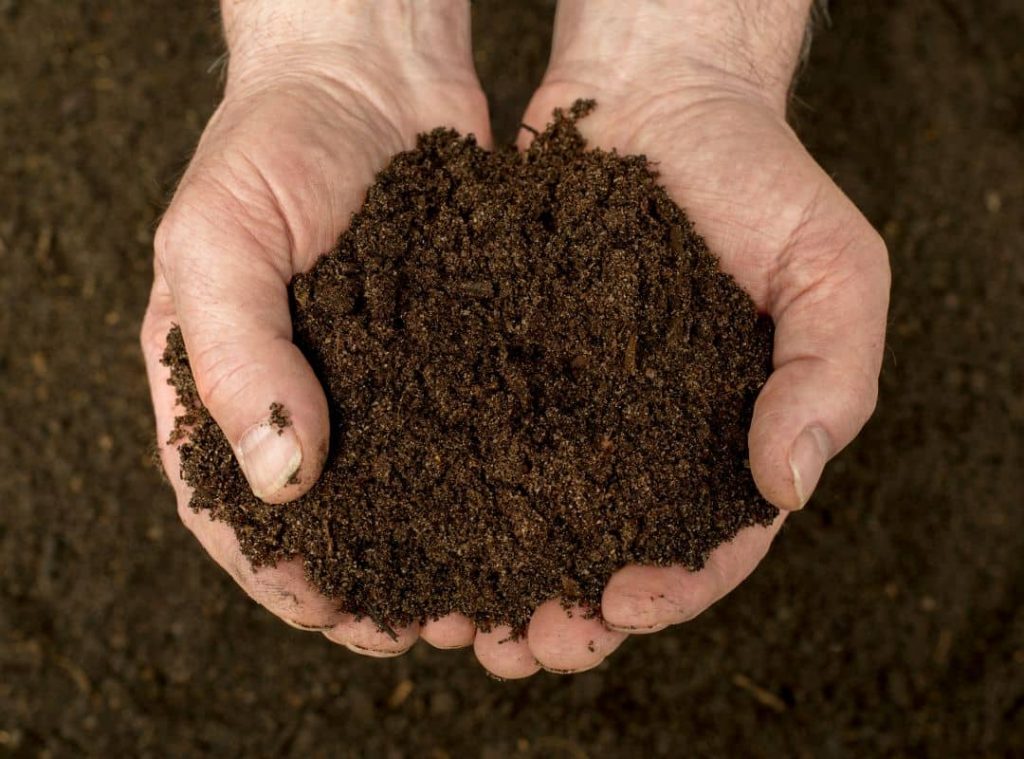
Why do compost bins have holes in them?
The purpose of having holes in the compost bins is to encourage oxygen circulation in the compost bins. Besides that, the holes underneath the bins are mainly for drainage and they would control the water level in the container by draining the excess water out from the compost bins. So, to sum up, compost bins have holes to have a proper circulation of oxygen and to control the water level.
Does a compost bin need holes in the bottom ?
Once the decomposition takes place, compost creates a liquid which is known as leachate. So, when you are using an open compost bin, it could get soaked up with rainfall. Thus, the compost bins should contain sufficient draining holes in the base.
That said, there could be some compost bins which have open bottoms which would let the liquid and the rainwater drain naturally. However, if your compost bins don’t come up with perforations in the base, you may have to consider adding some so that it would create optimal conditions for the composting to take place. Unless it would make your compost smell bad and create anaerobic conditions in the compost bins.
How much ventilation does a compost bin require?
The right ventilation you need to provide for a compost mainly base on how you control the moisture level in the bin periodically.
That said, when you address conditions in the compost periodically it would also help you to adjust the ventilation in the compost bin. Literally , if there are too dry conditions during summer, the excess moisture would evaporate faster.
On the other hand, when the conditions are too wet you need to provide more ventilation to the compost bin. Furthermore, you may also consider mixing brown and green materials and turning the compost bin as it would also increase the air circulation in the compost bin.
How many holes should a compost bin have?
Compost bins should contain holes in every 4 to 6 inches partially if they don’t have ventilation slots. Furthermore, I recommend you add more holes in the compost bin base so that it would make the excess water move out faster. In addition to that, it would let the beneficial microbes and rest of other insects reach the compost bin too.
On the other hand, if there are too many holes in the compost container, it would make the water evaporate rapidly. Having said that, if there is a fewer number of holes, it would contribute to an anaerobic condition in the compost bin.
So, if you are not sure on the number of holes you need to have in the compost bin, I suggest you add a few perforations and then observe what happens in the compost bin. You don’t need to have a significant number of holes in the compost bin except in the base. In fact you need to have plenty of holes in the base of the compost bin.
What size holes should a compost bin have?
Generally speaking, compost holes should be ideally about ½ inch in size. Don’t use compost holes which are less than 1⁄4 inch as they would be smaller for this purpose. Commercially made compost bins may comprise of several vents or several holes.
However those holes should ideally be vast enough to contribute for a proper air circulation in the compost bin. That said, those holes should not be excessively larger. If that’s so, chances are that the compost ingredients may tend to drop out from the composter.
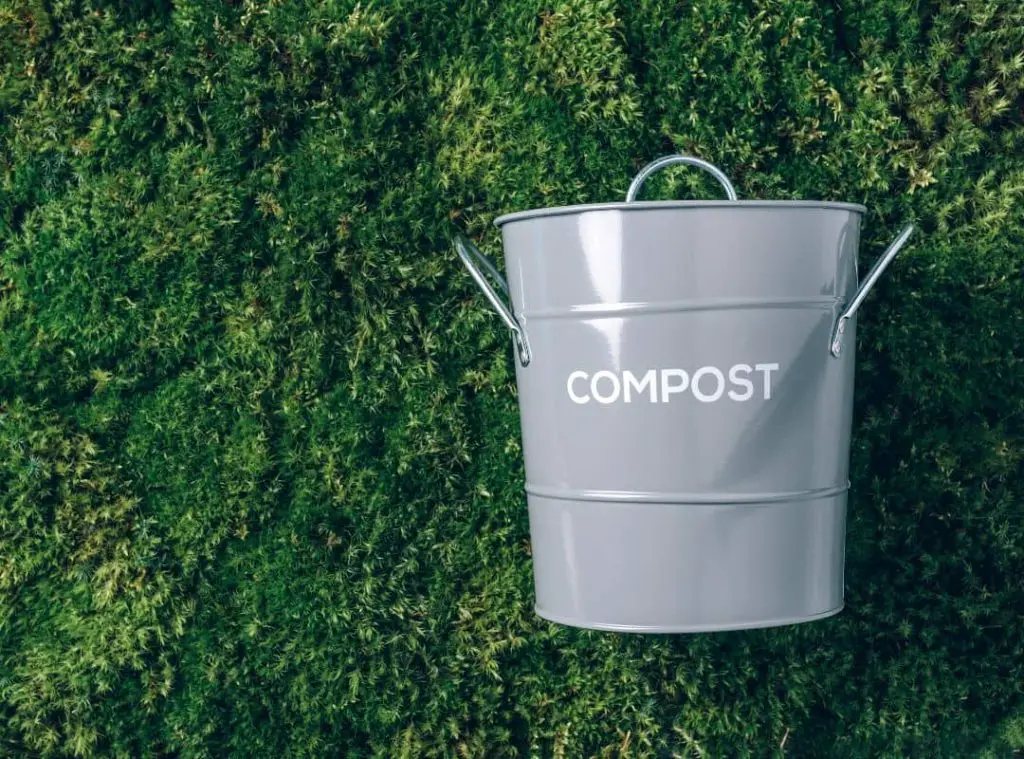
Compost bin without holes
You don’t need to worry even if you have a compost bin which doesn’t contain holes. There are composters which work well without perforations too. These are not airtight containers. Instead, they would obtain air from the composter lid. In fact, if you ensure that you turn the composter periodically it would allow the green materials and the brown materials to mix properly. Thereafter, it would create air pockets in the compost bins.
Furthermore, if you use only grass clippings in the composer and refrain from rotating the composter on a regular basis, it would result in anaerobic conditions in the composter.
Does a kitchen compost bin should have air holes?
Yes certainly they should have air holes. If you don’t use a compost bin which is airtight , microorganisms would absorb all the oxygen. In addition to that , it would create anaerobic conditions in the composter. Ultimately it would start to stink too. So, you need to apply the rule of good air circulation in the kitchen composters too.
If there is no air circulation available in the composter, it would create water build ups in the composters. Further the anti-oxygen microbes would be more dominant in the composters and result in putrefaction at the end. So, many of the kitchen compost bins come up with ventilation holes so that it would allow for a proper air flow in the composters.
Conclusion
To sum up “Does a compost bin need air holes?”, the purpose of having holes in the compost bins is to produce a compost which is effective enough.
Once the composter bin contains sufficient holes, it would create healthy conditions for the composting to take place. In other words, it would contribute to better air circulation for efficient draining as well.
Read Next : What To Do When Compost Bin Is Full? (It’s Simple)

